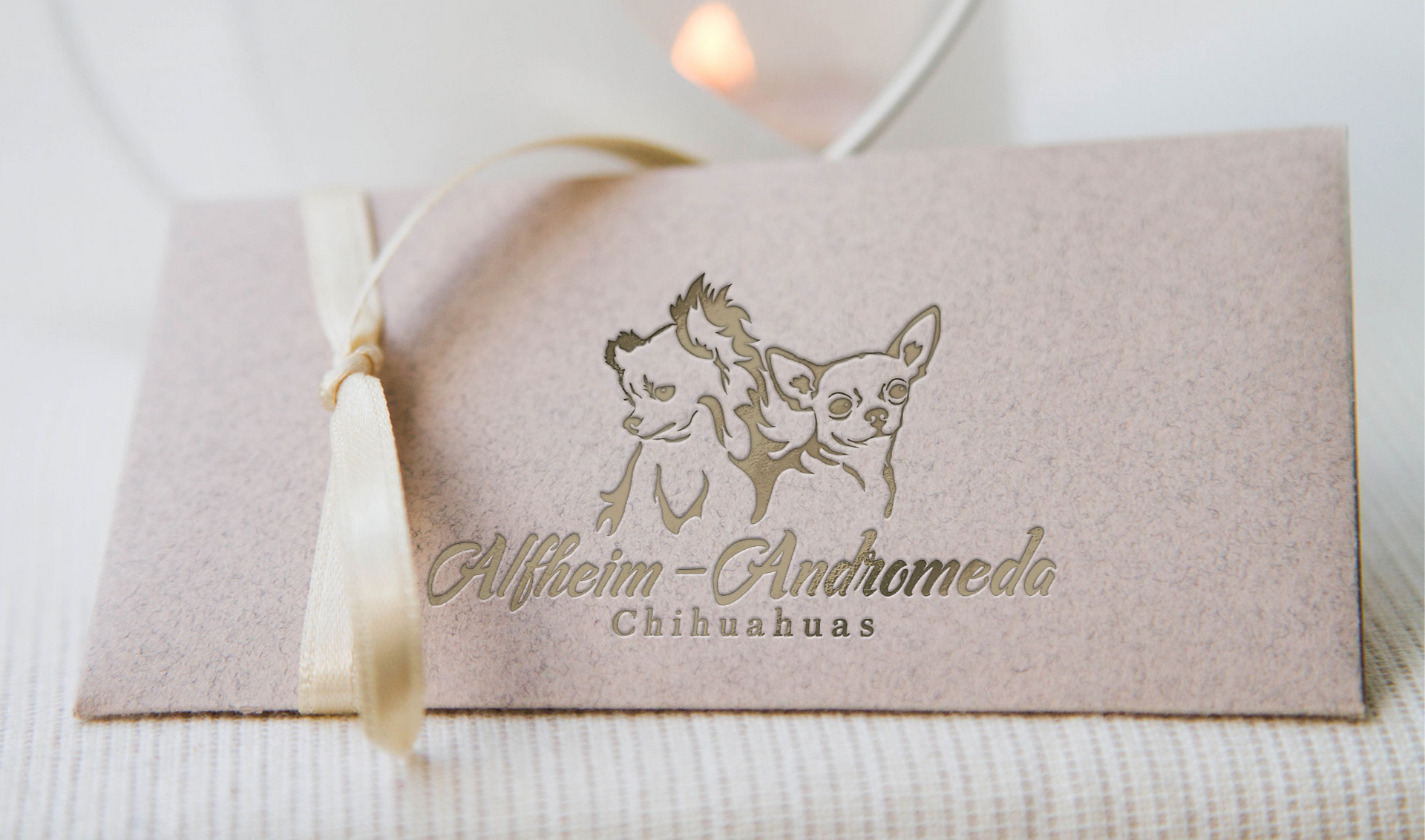Umbilical Hernias in Chihuahuas: Causes, Care, and When to Act
- Tanya Ansok Stringer
- Jul 7, 2023
- 3 min read
Updated: Nov 29, 2024

Umbilical hernias are a common condition in Chihuahua puppies. They present as a small bulge near the belly button caused by an opening or weakness in the abdominal wall. While they can be concerning to spot, most umbilical hernias are harmless and resolve naturally as the puppy grows.
With a few simple care practices—such as gentle rubbing—owners can help small hernias close faster in puppies under six months. This blog explains the causes, characteristics, and when to take action.
What Causes Umbilical Hernias in Chihuahuas?
1. Congenital Factors
Most umbilical hernias occur during fetal development or shortly after birth. They result from incomplete closure of the umbilical ring, the small opening that allows blood vessels to pass to and from the developing puppy.
2. Genetic Predisposition
Some Chihuahuas may have a genetic tendency toward umbilical hernias, passed down through family lines.
3. Trauma or Injury
Occasionally, trauma during or after birth can cause an umbilical hernia. For example, excessive cleaning or pulling on the umbilical cord by the dam (mother dog) may lead to a weakness in the abdominal wall.
How to Recognize an Umbilical Hernia in Your Chihuahua
Umbilical hernias are usually easy to identify. Key characteristics include:
Soft Bulge Near the Navel: A rounded swelling that may vary in size.
Reducibility: In many cases, you can gently push the hernia back into the abdominal cavity, though it may return later.
Painless: Most umbilical hernias are not painful for the puppy unless complications such as obstruction occur.
How Umbilical Hernias Resolve Naturally
Many umbilical hernias in Chihuahua puppies are self-limiting, meaning they close on their own as the puppy grows.
1. Natural Closure with Age
As the puppy’s abdominal muscles develop and strengthen, small hernias often close by the time the dog is 6-12 months old.
2. Gentle Rubbing Can Help
For very small hernias in puppies under six months, gently rubbing the hernia several times a day can encourage the muscles around the opening to strengthen and close more quickly.
Use clean hands and apply gentle pressure, moving your fingers in a circular motion around the hernia.
Always consult your veterinarian before starting this practice to ensure the hernia is safe to handle.
3. Monitoring Progress
Regular vet check-ups can ensure the hernia is reducing in size over time and remains free from complications.
When Surgery May Be Needed
While most umbilical hernias resolve naturally, some cases may require surgical intervention:
Persistent Hernias: If the hernia remains unchanged or does not close by 12 months of age.
Large Hernias: Larger hernias are less likely to close on their own and may require correction to prevent complications.
Complications: If the hernia becomes hard, red, or painful, it could indicate strangulation or obstruction, requiring emergency surgery.
Preventing Complications
To keep your Chihuahua safe and promote healing:
Keep the Area Clean: Ensure the skin around the hernia stays clean and free of dirt or debris.
Limit Strain: Avoid activities that could put pressure on the abdominal muscles, like jumping from furniture.
Regular Monitoring: Observe the hernia daily to ensure it remains soft, reducible, and painless.
When to Call the Vet
Contact your veterinarian if you notice any of the following:
The hernia grows larger or changes in appearance.
It becomes hard, red, or painful.
Your Chihuahua shows signs of distress, such as vomiting, loss of appetite, or lethargy.
Conclusion: Gentle Care and Patience Go a Long Way
Umbilical hernias in Chihuahuas are common and rarely a cause for concern. In most cases, they resolve naturally as the puppy matures. With simple care practices like gentle rubbing and regular monitoring, you can support the closure of small hernias in puppies under six months.
Remember to consult your veterinarian for guidance and reassurance as your puppy grows. With proper care, your Chihuahua will thrive and live a healthy, happy life.


![04[5287]_edited.png](https://static.wixstatic.com/media/19bc06_e20664f6f34a40a38ce600e39e177c3c~mv2.png/v1/fill/w_980,h_578,al_c,q_90,usm_0.66_1.00_0.01,enc_avif,quality_auto/19bc06_e20664f6f34a40a38ce600e39e177c3c~mv2.png)























